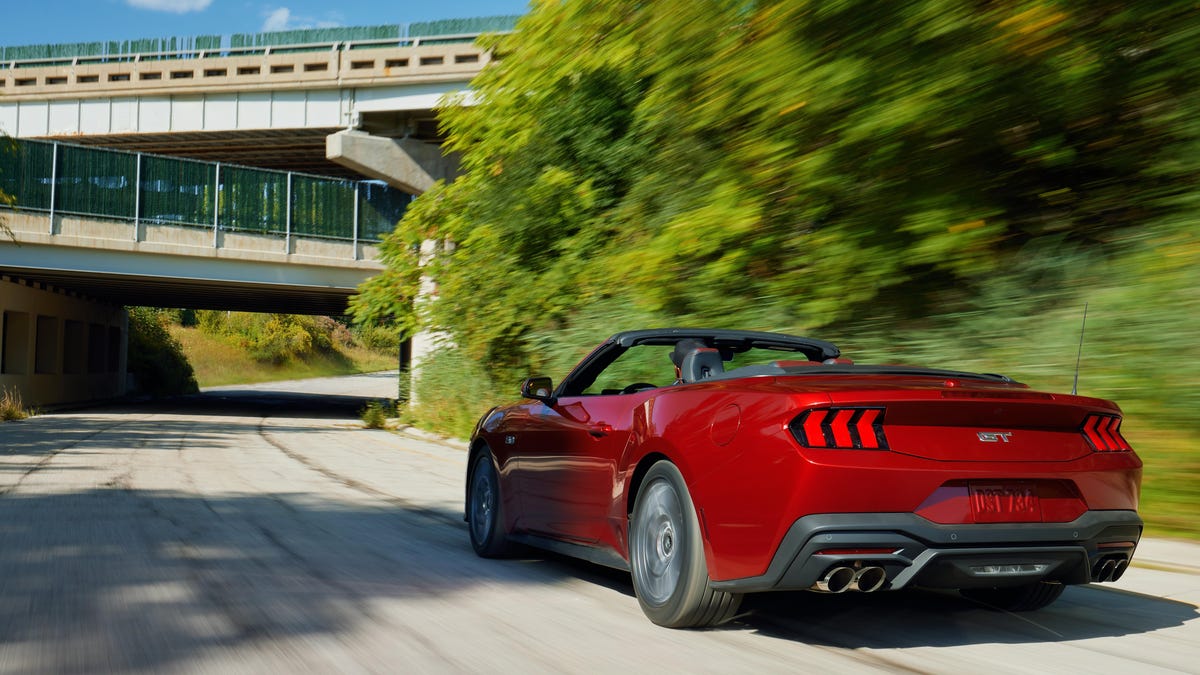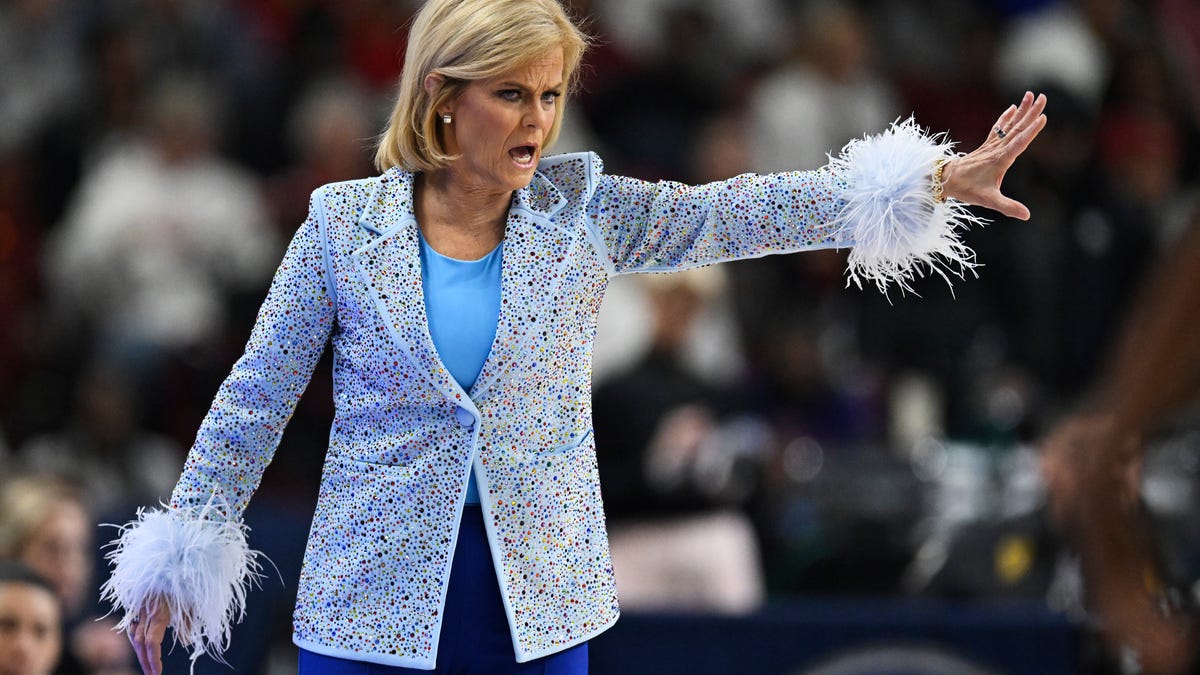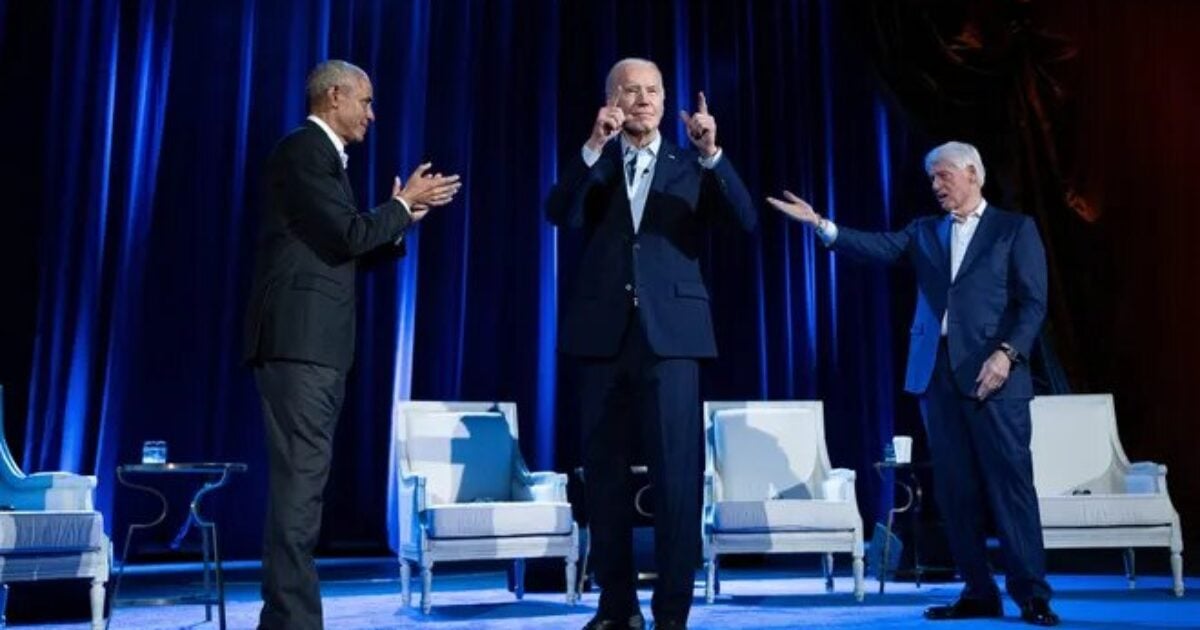The United States’ Automotive Color Trends
Currently, the United States finds itself in a period often referred to as a “dark age for automotive color.” The predominant trend in the automotive industry leans heavily towards monochrome hues, with a noticeable lack of vibrant and eye-catching colors. This phenomenon persists despite a growing consumer demand for more diverse and bold color options in vehicles.
Manufacturer Pricing Strategies
In light of this trend, it is interesting to note that manufacturers are taking a different approach. Instead of catering to the desire for colorful vehicles, many automakers are actually increasing the prices for non-standard paint colors. An example of this shift can be seen with Ford, a prominent player in the automotive market.
For instance, Ford has recently implemented a pricing strategy where every non-grayscale color option for their 2024 Mustang incurs an additional charge compared to standard colors like black, white, silver, and gray. While the base model of the Mustang remains affordable, consumers will have to pay more if they wish to opt for a more visually striking color.
Color Pricing Tiers
Under Ford’s new pricing scheme, customers can choose from a selection of non-standard colors for their Mustang, each associated with a specific upcharge. The color options are divided into three tiers based on pricing.
- For a $295 fee, buyers can select from colors such as Race Red, Atlas Blue Metallic, Grabber Blue Metallic, or Vapor Blue Metallic.
- By paying $495, customers have access to premium colors like Rapid Red Metallic Tinted Clearcoat or Dark Matter Gray Metallic.
- Finally, the highest price point of $995 applies to the Yellow Splash Metallic color option.
While some consumers may be willing to invest in these unique color choices to personalize their vehicles, there is a sentiment that such additional charges limit accessibility to colorful cars.
Advocating for Free Color Options
There is a growing argument in favor of making color options more accessible and inclusive. Advocates suggest that colors should not be viewed as luxury features that come at an extra cost but rather as essential elements of self-expression and creativity in vehicle design.
By offering a diverse range of colors without imposing additional charges, automakers could potentially foster a market where colorful and distinctive vehicles are more prevalent. This shift towards democratizing color choices in the automotive industry could lead to a resurgence of vibrant and visually appealing cars on the roads.
For consumers interested in exploring the updated pricing and color options for Ford vehicles, the information is readily available on the company’s configurator. This allows potential buyers to make informed decisions regarding their vehicle specifications before engaging with dealerships.
Ultimately, the debate surrounding color pricing in the automotive industry reflects larger discussions on accessibility, individuality, and consumer preferences. As car manufacturers navigate these dynamics, the future of automotive colors remains an intriguing aspect to monitor.
Image/Photo credit: source url





